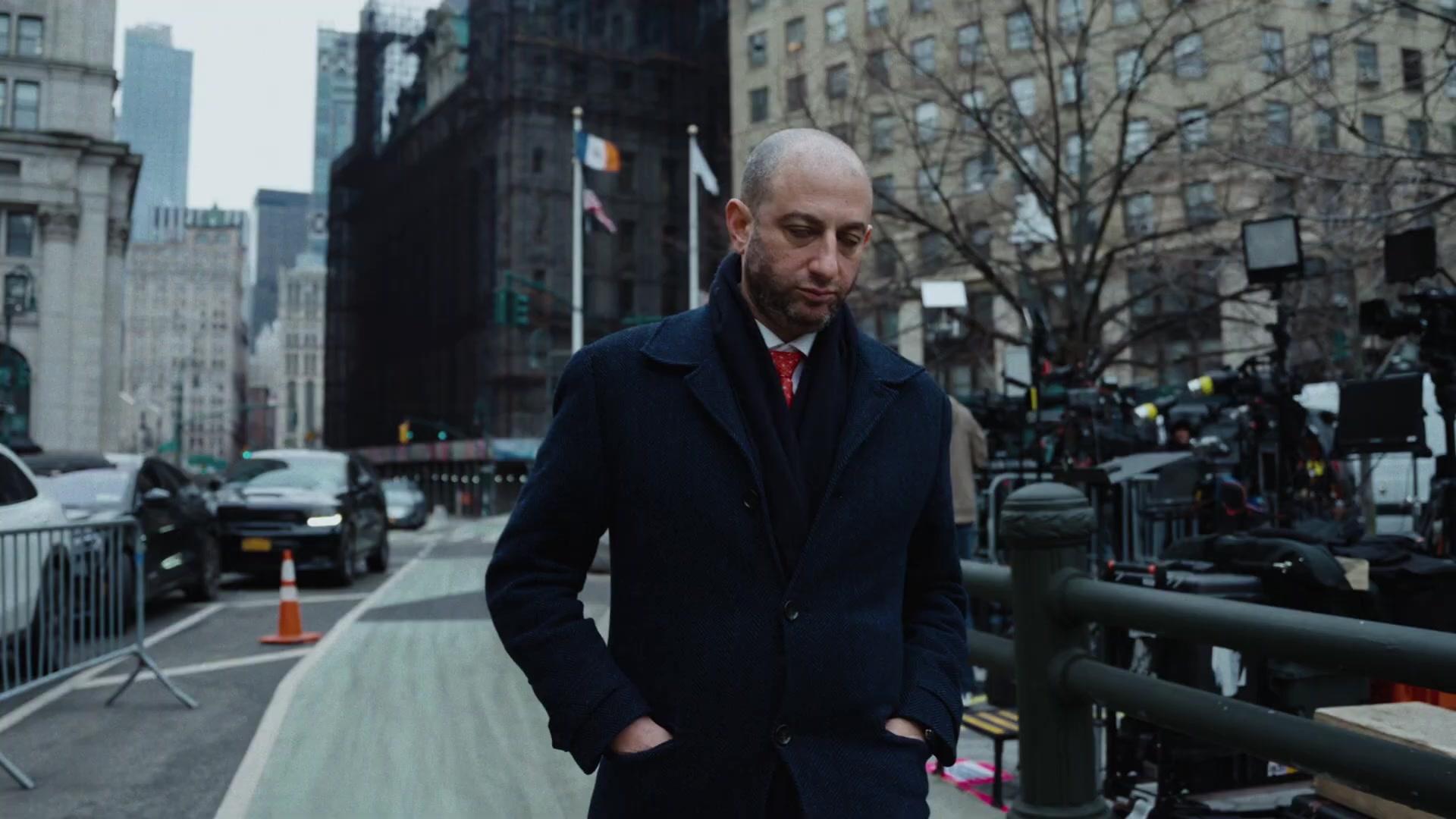The DEA Denial Explained
If you've worked hard to become a medical provider and have been denied for DEA approval, you're not alone. Doctors, dentists, nurse practitioners, and veterinarians all require this designation to prescribe important medications. The DEA occasionally denies applications or makes the process as difficult as possible. It's unfair to be subjected to such scrutiny. Fortunately, a skilled healthcare attorney can help you reduce the burden in getting that all-important prescriber number you'll need to conduct business. This informative article will explain how the denial process works and what can be done to help you get the application approved.The DEA's Process in Denying a Credential
The DEA is supposed to process all applications for prescribers in good faith. This means that unless they have a reason to not approve the application, there shouldn't be any stumbling blocks. There are only seven legitimate ways the DEA is supposed to revoke a current registration or deny a new application. Those reasons are as follows:-
- Erroneous or omitted information submitted to the DEA
-
- Medicare or Medicaid exclusion
-
- A controlled substance felony conviction
⚖ Legal Pulse: Key Statistics15,000+
Federal Cases Filed Annually
90%
Plea Before Trial
-
- A revoked, suspended or denied registration as a medical provider
-
- A voluntarily surrendered DEA registration
-
- Demonstrated behavior that goes against the public interest
-
- Your registration could cause imminent danger to the public

Defense Team Spotlight
Todd Spodek
Lead Attorney & Founder
Featured on Netflix’s “Inventing Anna,” Todd brings decades of experience defending clients in complex criminal cases.
Multi-State Bar Federal Courts US Supreme CourtMeet the Full Team →
The Process of Challenging a DEA Registration Denial
If the DEA denies your application, they're required to show just cause and provide you with a hearing upon request. For a hearing, you're required to file within 30 days of the notice you've received from the DEA if you're in disagreement with their response, an error is found, or you feel that the matter could be cleared up through a formal hearing. Other causes for concern are when the DEA takes beyond the six-week maximum timeframe they've provided. An attorney can help expedite the process and clarify any challenges that may have come up during processing.Handling Matters Via Self-Representation
Many people feel that this is a simple matter that they'd be able to handle by themselves. While you're certainly able to present your own information and make an argument, this is a rather complex area of the law. Due to the nature of the hearing and since it's being held by a non-traditional court, it's imperative that a competent attorney with ALJ and DEA experience handle the matter. Courts have little to no sympathy for those who claim ignorance to the law or courtroom procedure. While the internet is full of useful information, it's simply unable to substitute years of education and experience. Hiring an attorney will improve your chances of success considerably and will get you back on track as quickly as possible. Our law firm can tackle your case from a realistic perspective and provide insight on what to expect. If you're currently facing denial or feel you most likely will be denied, we'll be able to help. We've helped many others along the path to overcoming a hurdle to their dreams and will fight just as hard for you, today!Frequently Asked Questions
No. You have the right to remain silent and the right to an attorney. Invoke both rights immediately and contact Spodek Law Group.
Every case is different. We offer free initial consultations to evaluate your case and discuss our fee structure.
An arraignment is your first court appearance where charges are formally read. You enter a plea and bail may be set. Having an attorney present is critical.








